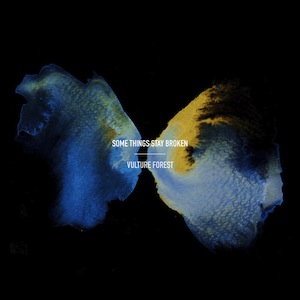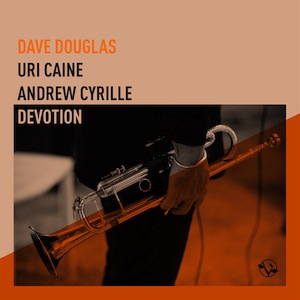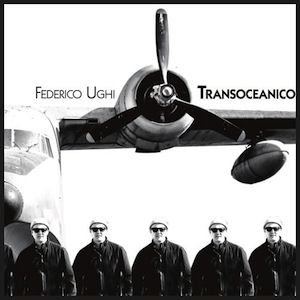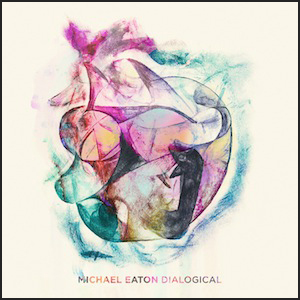Label: Outside in Music
Personnel – Brian Krock: alto saxophone, clarinet, bass clarinet; Olli Hirvonen: electric guitar; Matt Mitchell: piano, Fender Rhodes; Marty Kenney: upright bass; Simon Jermyn: 6-string electric bass, baritone guitar; Nathan Ellman-Bell: drum set.
On Liddle, up-and-coming saxophonist/clarinetist Brian Krock steps out as a bandleader and composer, preparing nine energizing tunes - seven of which he wrote - with imaginative, sinewy arrangements. For that, he summoned a couple of key players from his acclaimed Brooklyn-based 18-piece ensemble Big Heart Machine and invited a few distinctive new elements, whose level of commitment revealed to be exemplary. The robust structure of the pieces allows them to squeeze eccentric curves, sharp angles and compacted yet never cluttered textures in the same scorching pot.
The album opens with the rhythmically complex “Flip”, where the melodic boldness of the saxophone gets momentum from dazzling intervallic leaps, suggesting a groove that is immediately apprehended by the remaining members of the group. Krock wrote it as a response to a Human Feel tune composed by altoist Andrew D’Angelo. Part emotional, part cerebral, Krock’s phrasing is built over an active rhythmic tapestry that fractures when pianist Matt Mitchell pours out a dense sequence of notes like waterfalls. By that time, the backdrop is made of terse slides and fast plucks offered by Marty Kenney’s acoustic bass in cooperation with the surging and skittering percussive dexterity of Nathan Ellman-Bell.
While seamlessly shifting meters, “Knuckle Hair” boasts rhythmic ideas in tandem, playful guitar chops, and piercing toy-like piano sounds. Finnish guitarist Olli Hirvonen expresses a fervent desire in experimenting with a combination of distortion and atonality, while Mitchell contributes astonishingly formed voicings, flexible in tonal range. A rhythmic crescendo intensifies the tension, allowing the composer’s rock influence to emerge without barriers.
Krock sought inspiration in the literary refinement of James Joyce for some tunes and “Saturnine”, a polyrhythmic crossing between prog rock and avant-jazz, is one of those products. If at this moment, Mitchell and Krock (on clarinet) project their voices with confidence, then it’s Hirvonen who shines on “Memphis”, a composition he penned himself with brilliance. Exposing a blissfully atmospheric intro, the tune acquires poised indie-rock instrumentation with Ellman-Bell excelling behind the drum set with a disorienting beat not averse to syncopation. Two six-string instruments fulfill the improvisational section: the electric bass of guest Simon Jermyn (he plays baritone guitar on the alternative rock song “Please Stop”) and the high-voltage guitar of Hirvonen, who finishes in a corrosive Satriani-mode.
Smoother and melodically emphasized, “Heart Machine” has Mitchell confirming he is as incredible with melody as he is with the rhythmic stuff. Hirvonen, in turn, opts for an off-kilter approach that feels very opportune, while Krock adds more melody on the bass clarinet. Counteracting the state described before, we have Anthony Braxton’s “Opus 23b”, an uptempo piece with rushed patterned unisons and an inherent ebullient swing that later touches the avant-garde realm in all its strength.
Liddle deserves many listenings as it encapsulates tunes that work well independently but that also cohere into a solid narrative arc. Krock is to be taken very seriously as a composer.
Grade A-
Favorite Tracks:
02 - Knuckle Hair ► 04 - Memphis ► 07 - Opus 23b








































